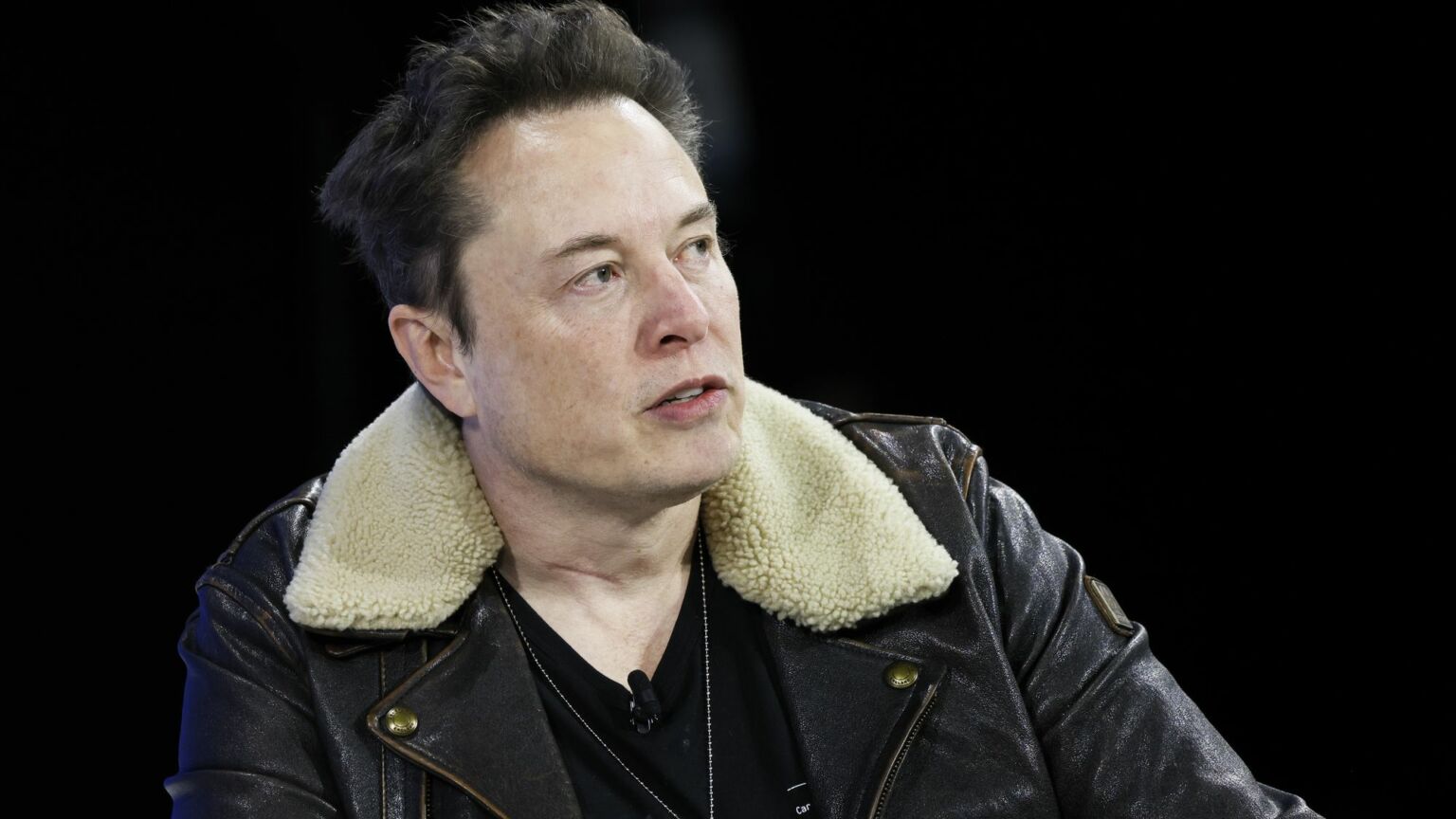Why the EU is coming for Elon Musk
The Brussels investigation into X is a brazen attempt to crack down on free speech.

X, Elon Musk’s ‘free speech’ social-media platform, could soon be reined in or even banned in the EU. The European Commission has announced that it has launched an investigation into X for allegedly breaking EU law on disinformation and illegal content.
The formal infringement proceedings against X will focus on its supposed failure to comply with the EU’s Digital Services Act (DSA), which came into force in August. This will be the first real test of the EU’s enforcement of the DSA and will demonstrate just how much power the European Commission has over what is allowed to be said, seen or heard online.
Under the DSA, any ‘Very Large Online Platform’ (VLOP) or search engine with more than 45million users must swiftly remove any content that is flagged as illegal hate speech or disinformation. Failure to comply can result in a fine of up to six per cent of a social-media company’s global income or, in the most serious cases, a platform could be banned from operating across the EU.
Back in October, Thierry Breton, the EU commissioner in charge of enforcing the DSA, wrote a vaguely worded letter to Musk to warn that an investigation could be imminent. Breton alleged that X was ‘being used to disseminate illegal content and disinformation’ in the wake of Hamas’s attack on Israel. He also claimed to have reports ‘from qualified sources’ about ‘potentially illegal content circulating on your service despite flags from relevant authorities’.
Who were these ‘qualified sources’? And what content was ‘flagged’ by which ‘relevant authorities’? No details were forthcoming. In fact, not even X has been made aware of the specifics. In response to the letter, Musk asked the European Commission to ‘list the violations you allude to on X, so that the public can see them’. This prompted Breton to arrogantly reply that Musk was ‘well aware of your users’ – and authorities’ – reports on fake content and glorification of violence. Up to you to demonstrate that you walk the talk.’ In short, it was a demand that Musk start censoring X’s users – or else.
Ultimately, the content of the offending posts is irrelevant to Brussels. The purpose of its investigation is to establish the EU’s authority over online speech.
It is no coincidence that the first full enforcement of the DSA has targeted X, even though disinformation can be found on all social-media platforms. The EU is going after Musk specifically because he is a vocal advocate of free speech.
A battle of wills between Musk and the Commission has been under way for some time now. In November 2022, when Musk fired half of X’s employees – including nearly all of the team responsible for moderating content – EU officials began to publicly question whether X could be trusted to police its users in line with the EU’s wishes. Then, this May, X pulled out of the EU’s code of practice on disinformation, an industry pledge coordinated by the Commission. The code was voluntary when it was first established, but it will soon serve as a part of the DSA rules.
The point of the Commission’s investigation into X is to establish Brussels’s right to dictate the terms of debate. It is the opening salvo in the battle to control the political narrative in Europe, especially in the run-up to the European elections next year. The danger this represents to democracy is obvious. Whether it’s Big Tech or the EU doing the censoring, the right of European citizens to have open access to information and to freely express their views is under serious threat. Here’s hoping Musk makes a stand.
Dr Norman Lewis is a writer and visiting research fellow at MCC Brussels. His Substack is What a Piece of Work is Man!
Picture by: Getty.
To enquire about republishing spiked’s content, a right to reply or to request a correction, please contact the managing editor, Viv Regan.








Comments
Want to join the conversation?
Only spiked supporters and patrons, who donate regularly to us, can comment on our articles.